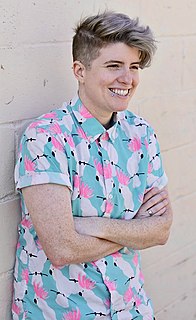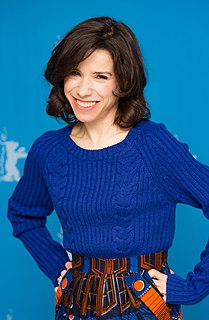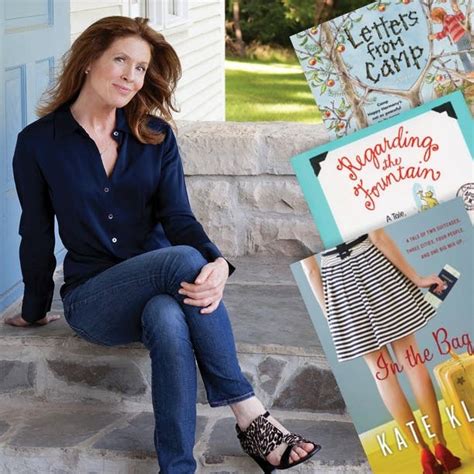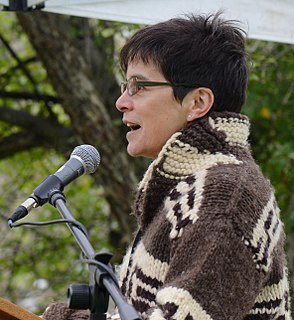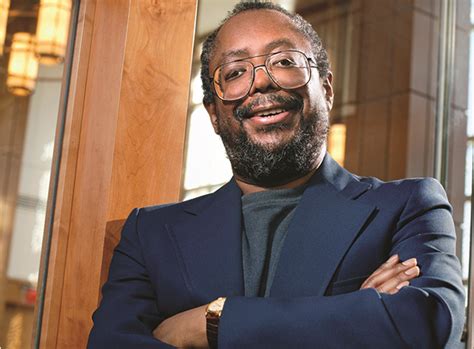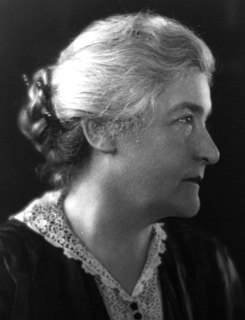A Quote by Daniel Mallory Ortberg
I love 'Jane Eyre,' and I love the Bronte sisters. I actually didn't read any of them until I was in college, so I don't have quite the same connection with them that I think a lot of women do.
Related Quotes
I was a kid when I read Jane Eyre and fell in love with that universe. I didn't have the acumen to say the prose is old or the prose is too complex. I just fell in love with Jane's very lonely soul, much the same way I fell in love with Frankenstein's creature for the same reason. Those old souls exist in every decade in every century.
Have you ever felt a potential love for someone? Like, you don't actually love them and you know you don't, but you know you could. You realise that you could easily fall in love with them. It's almost like the bud of a flower, ready to blossom but it's just not quite there yet. And you like them a lot, you really do. You think about them often, but you don't love them. You could, though. You know you could.
I started reading seriously at seven or eight, books about myths and legends, the Narnia series. By the time I was 11, I had read all the children's books in my local library, so I moved on to 'Jane Eyre.' What I loved about Jane Eyre was that she didn't rely on her looks but her character. She had a spirit nobody could break.
Women while in college ought to have the broadest possible education. This college education should be the same as men's, not only because there is but one best education, but because men's and women's effectiveness and happiness and the welfare of the generation to come after them will be vastly increased if their college education has given them the same intellectual training and the same scholarly and moral ideals.
